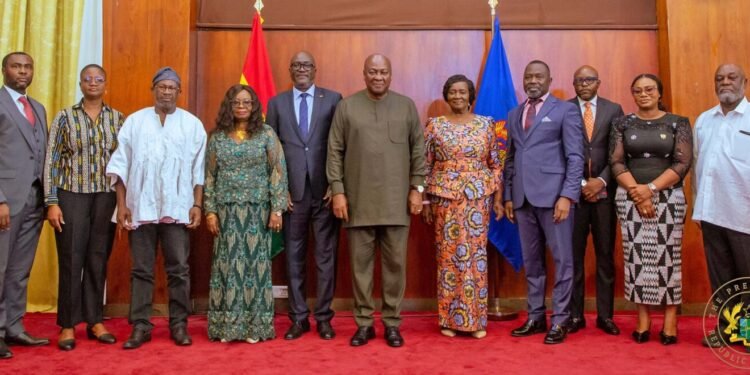A new report by the United Nations Conference on Trade and Development (UNCTAD) warns that copper, once viewed as a standard industrial metal, is fast becoming the cornerstone of the electrified and digitized global economy.
In its Global Trade Update published this week, UNCTAD brands copper as “the new strategic raw material”, a designation that reflects its growing role in technologies like electric vehicles, solar panels, smart grids, and even artificial intelligence infrastructure.
But the booming demand is putting immense pressure on supply. According to the report, copper consumption is set to surge by more than 40 percent by 2040, presenting a looming supply gap that could hinder the global transition to green and digital technologies.
“Copper is no longer just a commodity,” said Luz María de la Mora, Director of UNCTAD’s International Trade and Commodities Division.
Praised for its high electrical conductivity and long-term durability, copper is essential for power systems and clean technology applications. From home wiring and vehicle components to data centers and renewable energy setups, it remains embedded in the very structure of modern living.
However, sourcing more copper is far from simple. New mines are not only capital-intensive but take years, sometimes decades, to become operational. UNCTAD estimates that meeting copper demand by 2030 alone would require $250 billion in investment and at least 80 new mining sites.
The Democratic Republic of the Congo (DRC), home to some of the planet’s richest copper reserves, illustrates the problem. Despite its vast mineral wealth, most of its copper is exported in raw form, limiting its ability to gain from downstream activities like refining and manufacturing.
Recycling Seen As Key Strategy
Globally, copper reserves are heavily concentrated in just five nations: Chile, Australia, Peru, Russia, and the DRC. Yet the bulk of the world’s refined copper production takes place in China, which processes over 45 percent of the global output and imports 60 percent of raw copper ore.
This geographic imbalance locks resource-rich developing nations into low-value roles, unable to fully benefit from the metal’s increasing strategic value.
“Digging and shipping copper is not enough,” the UNCTAD report asserts.
To move beyond being mere suppliers of raw materials, countries with copper wealth must invest in their own value-added industries. That includes bolstering infrastructure, developing skilled labor forces, establishing industrial zones, offering tax incentives, and pursuing trade policies that support copper-based manufacturing.
But challenges abound. Tariff escalation—the practice of applying low duties to raw materials and higher ones to finished goods—undermines industrial growth. Duties on refined copper products usually sit below 2 percent, but jump to as high as 8 percent on items like copper tubes and wires.
Such trade barriers deter investment in manufacturing and cement countries’ positions at the bottom of the economic ladder, UNCTAD warns.
To shift this pattern, the agency is calling on nations to simplify permitting processes, ease trade restrictions, and develop regional supply chains that support the growth of copper-based industries in developing economies.
With mining expansion likely to fall short of meeting demand, attention is turning to recycling. In 2023, nearly 20 percent of all refined copper came from secondary sources, totaling 4.5 million tonnes. The United States, Germany, and Japan lead in copper scrap exports, while China, Canada, and South Korea are key importers.

“For developing countries, copper scrap could be a strategic asset,” UNCTAD notes.
By investing in domestic recycling and refining capacity, nations can reduce their reliance on imports, enhance value-added trade, and promote a circular economy that is both sustainable and economically viable.
Ultimately, copper could serve as a “test case” for how the global trade system adapts to mounting demand for critical raw materials.
“The age of copper has arrived…but without coordinated trade and industrial strategies, supply will remain under strain and many developing countries risk missing out,” the report concludes.
READ ALSO: Probe Into Thompson’s Visit to Afenyo-Markin Demanded























